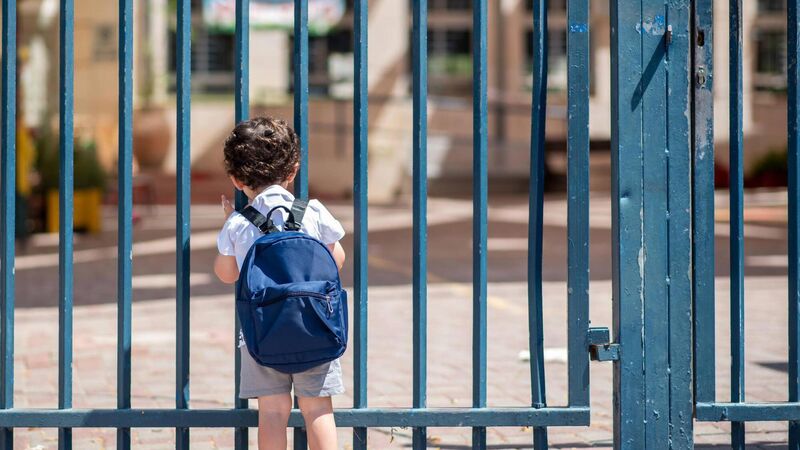Dr Niamh Lynch: Children sacrificed too much during covid

It's hard now to remember the ins and outs of various lockdowns and how they were eased, but my children, and other children I speak to remember that Lockdown 1, as they call it, seemed like a novelty amidst the uncertainty and worry, made easier by glorious weather, but Lockdown 2, in the depths of a particularly grey and dark winter, was almost unbearable. File picture
When was the last time you heard the word Nphet? How does that word make you feel now?
I have mixed feelings when I remember that word, when I remember the Nphet team, their earnest, worried faces, their urgent messaging as covid numbers soared skywards. I admired their singular focus on a single problem: covid-19.













